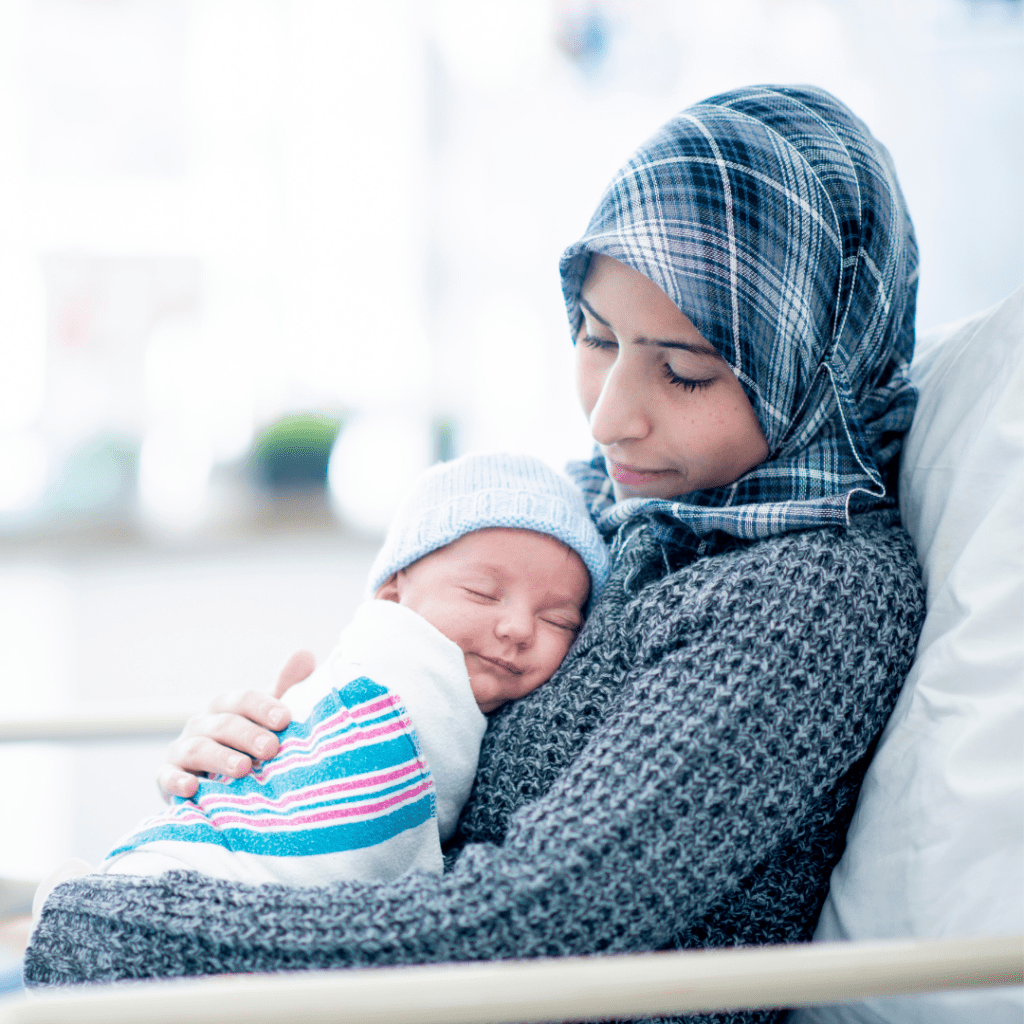Fostering And Religion: What You Need to Know
Date published
19 January 2023

Religion is deeply personal and it is something that can help a lot of people through difficult times. If you are religious you may lean on it more as you enter the world of fostering. Or, the children you bring into your care may have their own religion that they need to look to for support.
As we take care of children from all different walks of life, religion is something we need all of our foster carers to be aware of and respectful of. Whether it is knowing how much of your own religion to share with your foster children or navigating differences in religious beliefs in the home.
We want you and your foster children to feel 100% comfortable practising faith at home, so here are a few tips and tricks to help make things easier.
If you provide a home for a foster child with a different religion from you, make sure you do as much research as possible. Whether that is talking to your social worker, the child’s biological parents, or simply understanding the basics of the child’s religion.
Some religions may require specialist meals or regular attendance at a church, mosque, temple or synagogue.
These are all aspects that can have a big impact on the child’s day to day, so it’s important to get these details right.
It can also help to reach out to the local community for help. If you do not practice the same religion, find a place of worship that aligns with the child’s belief and ask them for support. If the child is old enough, you can also open a line of communication with them about their faith and how they would best like to practice it.
If you care for a child with no faith or a different faith to you, you may be wondering how much of your own beliefs to share. It is best not to force or influence your foster child to practice your religion alongside you. Instead, show them that if they are curious and want to ask questions and learn more, the option is open to them.
Remember that just as you have the right to practice your religion in your own home, your foster child also has the right to choose to practice there’s or none at all. Flexibility and openness is key when navigating religious beliefs and as a foster carer you have to be willing to do what’s best for the child and ensure they feel safe and comfortable in your home.
At Olive Branch, we endeavour to closely match our foster carers to their foster children. This means that any serious conflicts of beliefs can be avoided before the child is placed in your care. However, we still encourage openness and tolerance from all of our foster carers, regardless of their cultural or religious beliefs.
Religious holidays and celebrations are an important part of religious practice. Make sure you are aware of your foster child’s religious holidays and how they celebrate them. Mark them on your calendar and let them know you are happy to celebrate with them if they choose.
If you are celebrating a religious holiday yourself, then remember to offer an open invitation to your foster child to celebrate with you, but don’t make it compulsory. Allow them to enquire about practices and celebrations on their own terms and let them know that you are just as willing to share your own religious celebrations with them as you are to celebrate their own religious holidays.
Remember that you may need to be more flexible with practicing and celebrating your religion when taking on a foster child. Although we want both child and carer to feel comfortable celebrating their own faiths, it’s essential to understand that some foster children may not be open to sharing their religion with you or joining your own practices.
Be patient, and accepting and keep lines of communication clear and open at all times to make navigating religion easier. If you’re concerned about anything or have questions, get in touch with your social worker or the team at Olive Branch fostering.
Fostering insights
19 January 2023